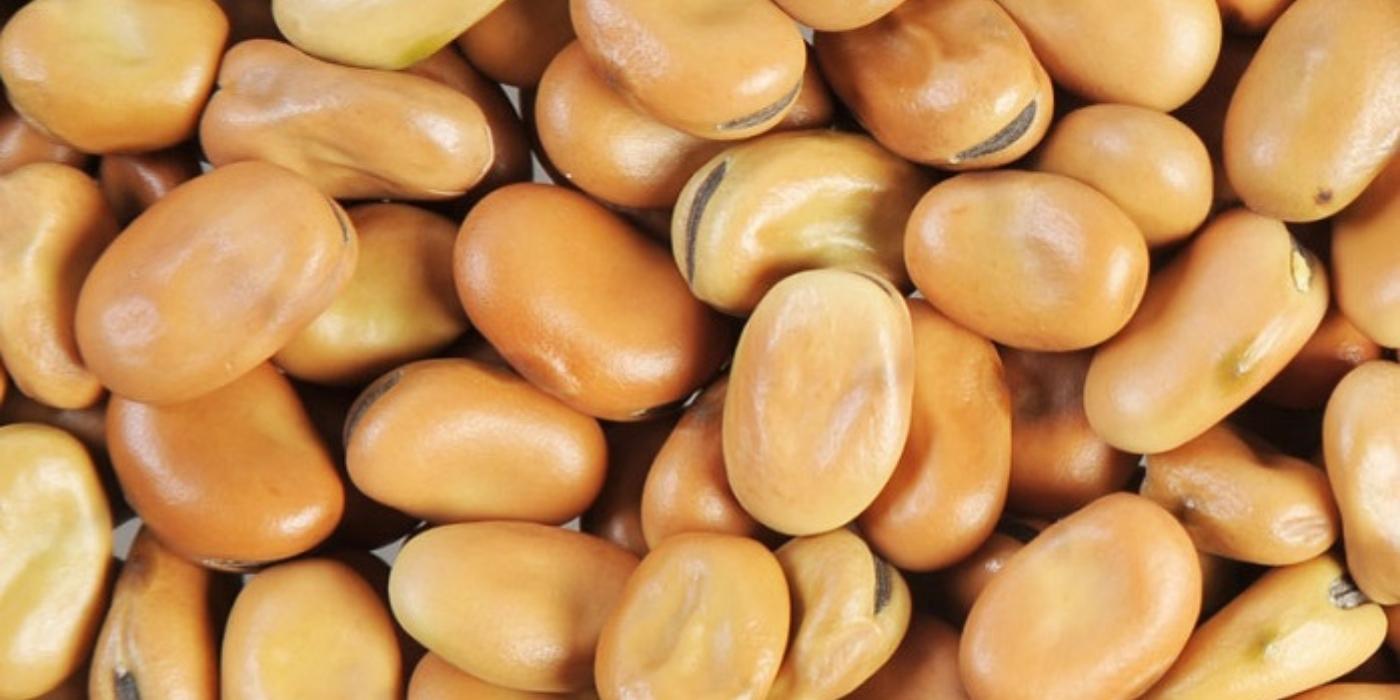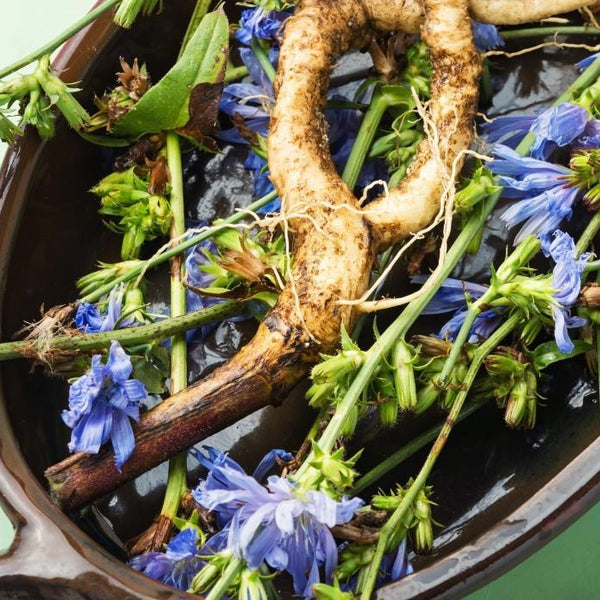
Is Faba Protein Low Carb?
The New Protein On The Block – Low Carb Faba Protein
Protein powders have become increasingly popular over the recent years, but have you heard of Faba Protein? Made from fava bean (or broad bean), this is a great alternative to whey protein without compromising on the nutritional value and benefits of this plant protein. Studies have shown its association with good heart and bone health.
With a neutral flavour, faba protein can be easily added to any savoury or sweet dish. It’s time to take a break from whey protein and try this out! Let’s discover the benefits of this low-carb protein powder and how you can add it to your diet.
What is Faba Protein?
Faba Protein is protein powder made from fava beans, which are part of the legume family. It has a off-white colour and is extremely versatile with a neutral flavour, making it super easy to add to any savoury and sweet dishes. It is completely plant based, gluten free and dairy free, catering to a range of diets whilst allowing you to boost your protein intake. Did we mention it’s also low in carbs?! We use 85% faba protein which means it’s composed of 85% protein, and 15% carbs, with a little fat and fibre.
Fava beans, also known as broad beans, are one of the oldest known cultivated plants dating back to about 6000BCE. They grow in big, bumpy green pods which enclose large, flat, bright green beans – full of nutritious goodness! Fava beans can be eaten in various ways and have become a great alternative to whey protein.
What are the benefits of Faba Protein?
Fava beans are a common lean protein choice and have an impressive nutritional profile containing dietary fibre, vitamin K, vitamin B6, magnesium, copper and many more! It is also known as one of the top high-folate (folic acid) foods. Folate is involved in protein metabolism and is needed to produce healthy red blood cells.
Reduced Risk of Birth Defects
Folate is known as an important nutrient for pregnant women due to its association with helping reduce birth defects. According to studies, women between the ages of 15 and 45 should consume 0.4mg of folic acid every day to reduce the risk of birth defects and other associated issues. This is important as problems often occur within the first few weeks of pregnancy. Therefore, this is an excellent choice for pregnant women.
Reduced Risk of Heart Disease
Magnesium is an important mineral with a significant role in heart health. A study found that those with the highest dietary intake of magnesium were less likely to develop high blood pressure. Hypertension is a major risk factor for heart disease and stroke, whilst magnesium has been shown to lower blood pressure. The soluble fibre content in fava beans may also help lower cholesterol, which is another factor in many heart diseases.
Beneficial for Bone Health
Fava beans are rich in copper and manganese, two nutrients that are beneficial for bone health and strength. Research has shown that copper and manganese in combination with calcium and zinc may prevent bone loss. Reducing calcium deficiency is also effective in the prevention of osteoporosis. A small bean, but many health benefits!
How can I include Faba Protein in my diet?
Just like whey protein powder, you can add faba protein into your post-workout shakes, morning oats or swirl some into yoghurt for a high protein snack! Another great way to incorporate faba protein is in sweet treats like pancakes and waffles. Thanks to the extra protein, you’ll feel fuller for longer which is great for reducing nasty snack cravings! Please keep in mind that this should be a protein supplement and consumed in moderation.
What products do we use Faba Protein in?
Faba protein is a great alternative to whey protein whilst still allowing for a protein boost with minimal carbs. It has a neutral flavour, therefore can be added to savoury and sweet dishes, and it’ll still go unnoticed! This is why we love incorporating this in our Low Carb High Protein product range too.
If you have any questions regarding any of these products, simply contact us via our online form, call us on 02 9558 3300, or email hello@lovepbco.com.
Where does our Faba Protein come from?
At PBCo, choosing ingredients for our products is an important decision for us, and we make sure we only source ingredients that we would eat ourselves. Most of our ingredients are proudly Australian sourced, and our faba protein is no different! Sourced directly from Australian Plant Proteins (APP), our 85% faba protein (85% protein and 15% carbs) is of the highest quality in terms of flavour, texture and nutrients. Oh, did we mention it’s also a sustainable protein consumption?!
Faba bean is not only a plant based protein, but also a dairy, gluten, soy, allergen-free, vegan and vegetarian-friendly food ingredient. It is used to increase the protein content in baking, snacks, beverages and can even improve the texture of meat substitutes.
We chose Australian Faba Protein for our products for the following reasons:
- The faba crop is super sustainable – they do not require fertiliser which drastically reduces crop costs and can be used as eco-friendly green compost once dried.
- Caters to a diverse range of dietary requirements – vegetarian, vegan, gluten free, allergen free, dairy and lactose free
- Halal and Kosher certified
- All natural and GMO free
- Our Faba Protein supports Australian farmers.
Fun fact: The Australian faba bean industry began in the 1980s and has grown steadily to become the world’s #1 exporter. It’s safe to say faba protein is becoming the best Australian plant protein!
Want to find more Low Carb ingredients?
Faba protein is the new kid on the block, a suitable alternative to whey protein, whilst still providing essential nutrients such as magnesium for our body. Fava beans have been associated with better heart and bone health. If you’re interested in finding more low carb ingredients for your diet, check out our other blogs below!
Chicory Root Fibre
Chicory root fibre comes from the dandelion family and is a rich source of dietary fibre, particularly inulin. Supporting good digestive health, this low carb ingredient is a popular coffee alternative due to its similar taste whilst containing no caffeine. Chicory root fibre is keto-friendly and suitable for diabetics!
Chia Seeds
Chia seeds are an excellent ‘superfood’ for your high protein, low carb diet. These tiny seeds are packed with protein, fibre and have more Omega-3 fatty acids than any other plant food (even linseeds)! The thick gel formed by chia seeds also keeps you feeling full for longer, as it slows down the rate at which your carbs turn into sugar. They’re perfect, easy and very good for you.
Coconut Flour
Coconut flour is a great substitution to traditional wheat flour and is gluten-free, ketogenic and paleo-friendly. With high fibre, protein and healthy fats, coconut flour aids in digestive health, metabolism and weight management. Did we mention that it’s also low carb, low in sugar and calories?!


